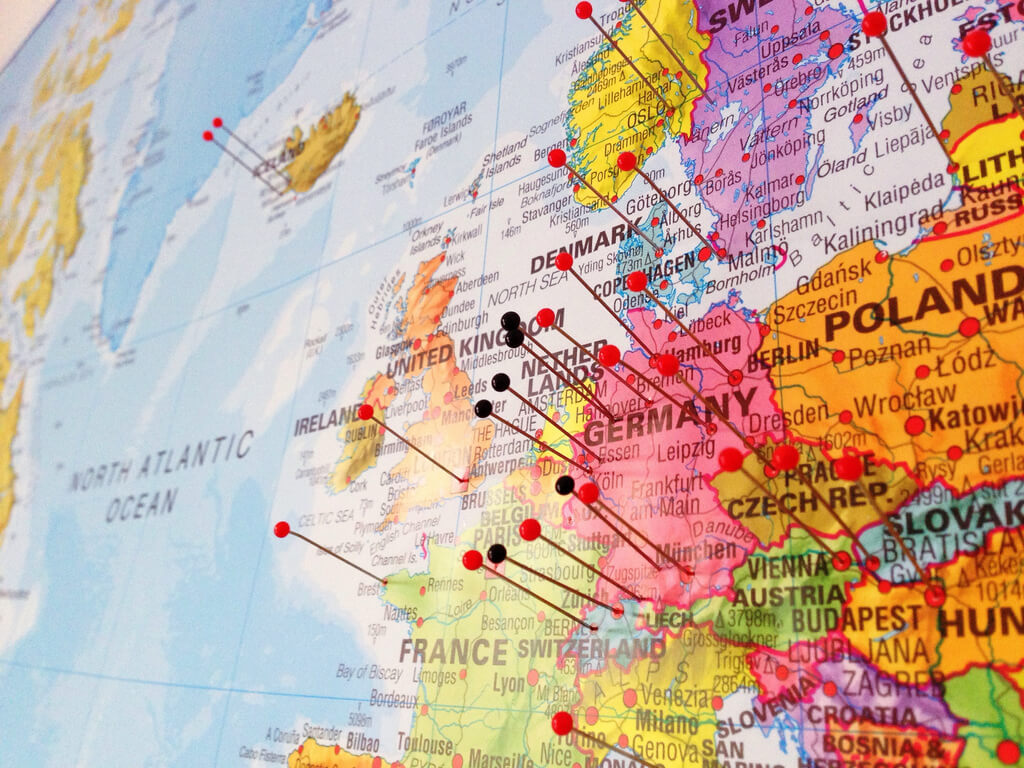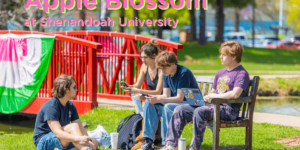What exactly does travel do for you? It’s a fair question. Venturing to new locales isn’t easy. It’s often as uncomfortable as it is fascinating. But the benefits. . . . The benefits of travel–particularly short-term travel–can be surprising.
Shenandoah University encourages students to take both physical and intellectual journeys, through its selective Global Citizenship Project (GCP) conducted during Spring Break, as well as for-credit, short-term Global Experiential Learning programs, mission trips and longer-term study abroad opportunities. GCP is notable in that it is designed for students, faculty and staff with limited travel experience.
Director of International Programs Bethany Galipeau-Konate, D.Prof., investigated those benefits as part of her doctoral dissertation – “An investigation of the long-term impacts of a short-term education abroad program on global citizenship outcomes.” Study respondents ranged from former participants in the GCP program, former applicants who were not selected for the program and former students who did not apply for the program. Comparisons between the three groups were made using a standardized survey instrument.
Here’s what she found:
People who participated in short-term travel (GCP) engaged in more travel later in life.
However, her most important finding was that those who went on a GCP trip showed greater levels of global civic engagement upon their return than found in the other groups. While her study didn’t delve into the reasons for this, she said she can theorize that when travelers see that people are similar all over the world, they want to be involved and give back to the global community. “That’s kind of my hunch.”
While not part of her study, Dr. Galipeau-Konate noted other significant, although more anecdotal benefits of travel of any length:
Increased curiosity.
Increased self-efficacy/confidence. Novice travelers, after completing a trip, may say to themselves in new situations, “OK, I can probably do this.”
Increased openness to others and their differences. While Galipeau-Konate said this can happen, it’s not guaranteed. Sometimes travel, particularly short-term, can confirm or entrench biases through misjudgements made after limited exposure to a culture.
Galipeau-Konate, who has visited approximately 35 countries and served for two years as a Peace Corps volunteer in Mali, said travel can inspire you to rethink assumptions as it also teaches patience and flexibility. However, for her, the greatest part of travel is, “It can, if you let it, teach you increased humility and it can initiate a continual process of questioning yourself; your beliefs.”
Discover more of Galipeau-Konate’s research findings at Terra Dotta and learn about the myriad travel opportunities at Shenandoah at its Center for International Programs. Venture forth!




